My absolute favorite sources when it comes to protein, which I often use myself and which I would like to recommend to you.

Protein is not only important for strength athletes, but also for every woman, every man and above all for Children. Why? Your body is made up of protein. It is therefore the number 1 building material and also fulfills countless tasks – which you can read here. In this post I will introduce you to 6 valuable sources of protein including nutritional information, some of which you can include in your diet.
Chicken breast fillet – the classic
Chicken is very lean and one of the most ideal sources of protein, especially if you want to pay attention to carbohydrates and fat at the same time. This is probably one of the reasons why it is extremely popular with bodybuilders. Turkey or other poultry is of course just as good. As a source of animal protein, chicken meat has a complete amino acid profile , which means that it contains all amino acids that are important for humans and can therefore all be used directly.
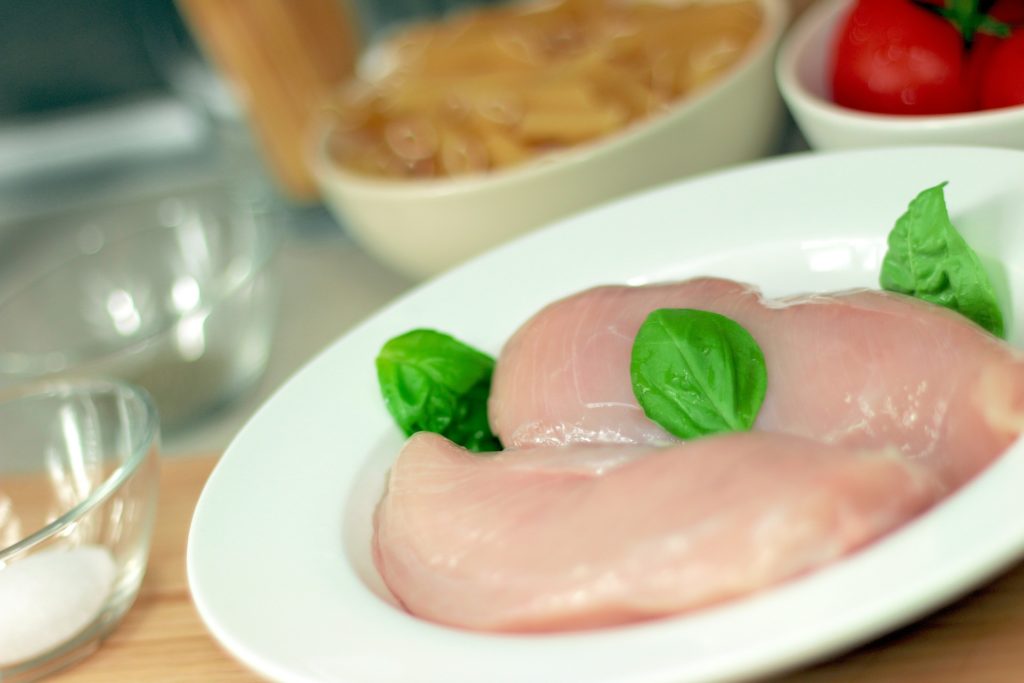
Nutritional values for 100 g Calories 102 kcal Protein 23 g Carbohydrates 0 g Fat 0.7 g
Chicken egg – the standard by which protein powder is measured
Chicken eggs have the highest biological value of all natural foods due to their complete amino acid profile. They are not only rich in protein, but also in good fatty acids and vitamins (understandable, because life has to come from them). For me, eggs are one of the best foods in general. They can also be enjoyed in many different ways – be it as fried or scrambled eggs, cooked, in a pancake or homemade cake.
Cholesterol ?! ALLOWING! Eggs do have cholesterol, but you need it anyway and don’t worry if you eat several eggs a day. Eggs can increase your cholesterol levels in the body, but only to a very small extent. High cholesterol has much more to do with an unhealthy lifestyle, too little exercise, being overweight, etc.
For the nerdy: Cholesterol is the sterile structure from which the hormones are built. That is why they are also called steroid hormones – without cholesterol, no testosterone, estrogen, progesterone, vitamin D etc. It therefore has its purpose and its tasks, like everything in the body. 🙂
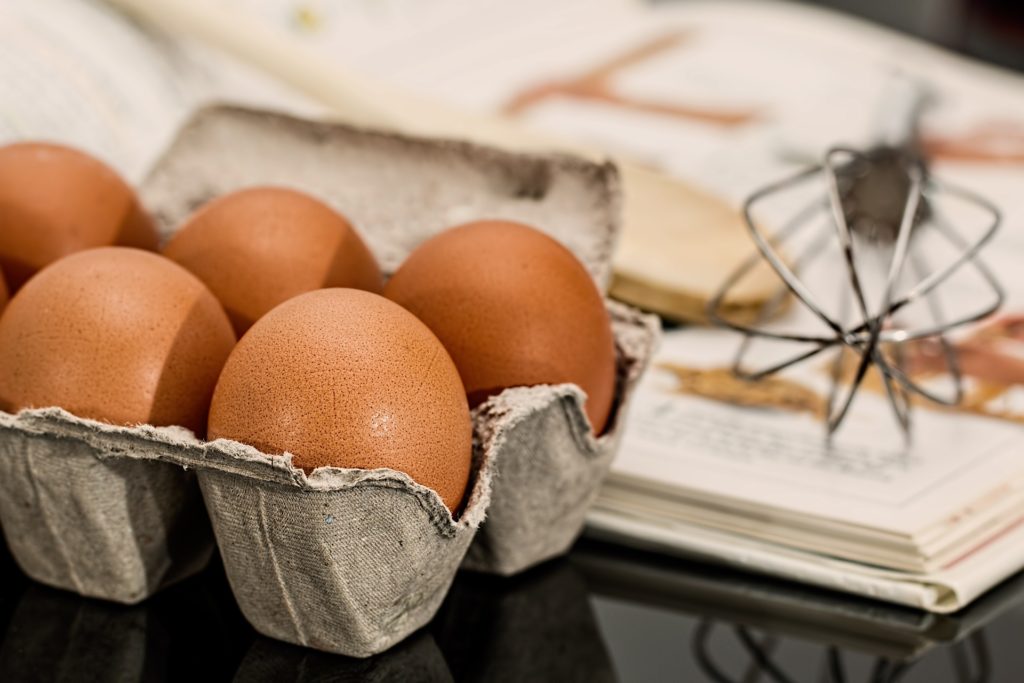
Nutritional values for 100 g Calories 137 kcal Protein 11.9 g Carbohydrates 1.5 g Fat 9.3 g
Cheese (e.g. Gouda) – one of the most popular dairy products
I personally love Cheese, especially Gouda, and would highly recommend this fermented dairy product. Similar to the egg, in addition to a high protein content, it also offers a lot of fat. So you kill two birds with one stone again and consume two good quality macronutrients with one food. Cheese is also rich in calcium, magnesium and phosphorus and contains trace elements such as iron, copper, zinc as well as some important vitamins , especially vitamin A and B (B2 and B12). Whether cold on a good piece of bread or for gratin – always a hit.
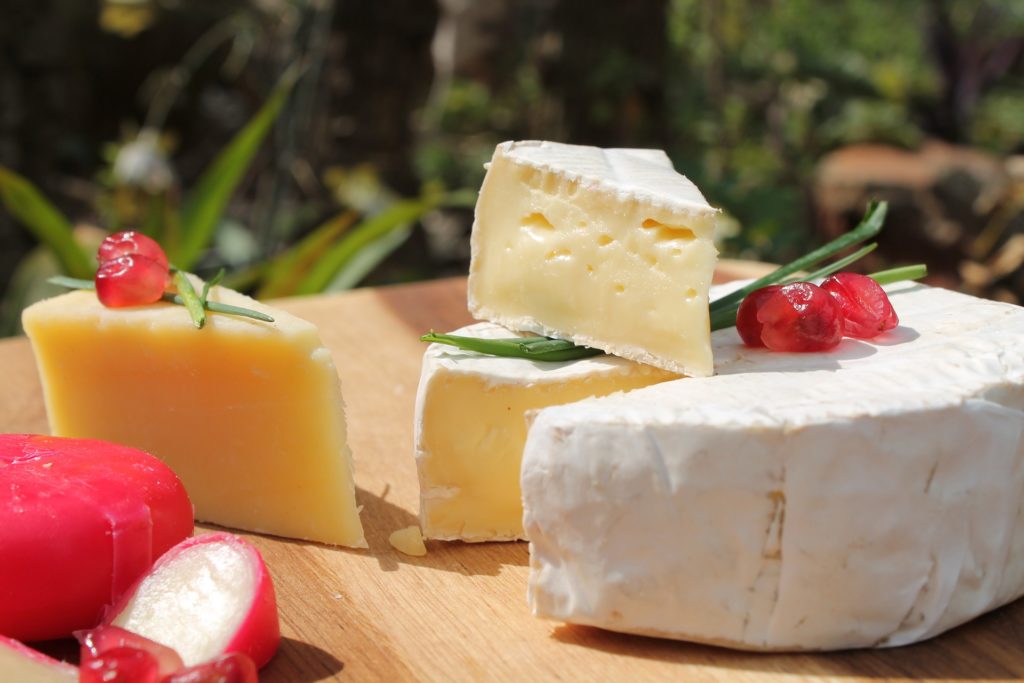
Nutritional values for 100 g Calories 364 kcal Protein 21.9 g Carbohydrates 0 g Fat 30.8 g
Tuna – the power fish from the sea
Just like lean chicken breast fillet, tuna is one ideal source of protein, as it consists almost entirely of this macronutrient, which means that it has hardly any fat and carbohydrates . Tuna also has large amounts of zinc, iodine and vitamin D . From a good aquaculture, the can version (in its own juice) is also a good option and is great, for example, to enhance a mixed salad with lots of protein!
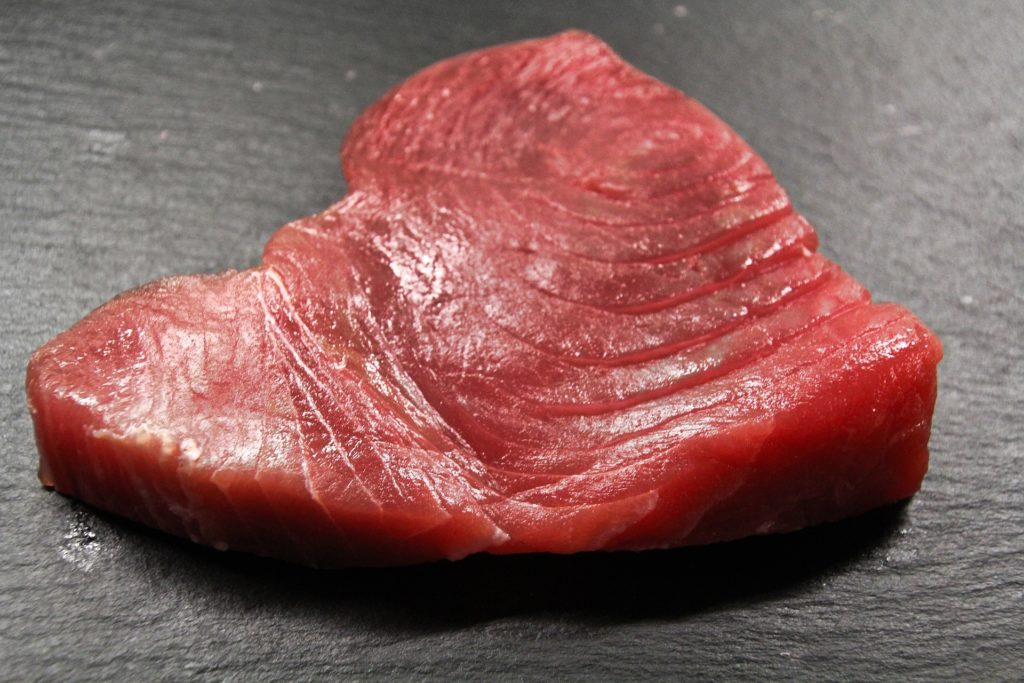
Nutritional values for 100 g Calories 98 kcal Protein 23.1 g Carbohydrates 0.5 g Fat 0.5 g
Red lentils – the vegan protein bomb
Red lentils have it all! This vegetable protein source contains (per 100 g of dry matter) more protein than the prime example of chicken. However, to be fair, it must be mentioned here that the amino acid profile in vegetable protein sources is inferior than in animal sources, as some amino acids are underrepresented.
So you would have to eat a little more of the lentils to be equally well supplied with amino acids (which make up protein). Otherwise, red lentils contain some minerals such as iron, magnesium and folic acid, as well as a number of B vitamins.
At the same time, you get a relatively large portion of good carbohydrates delivered with them. For people who want to eat a low-carb diet or who pay close attention to their carbohydrate intake, they have to be more careful here. Otherwise, lentils are a very good food and a nice alternative to animal products and they really fill you up!
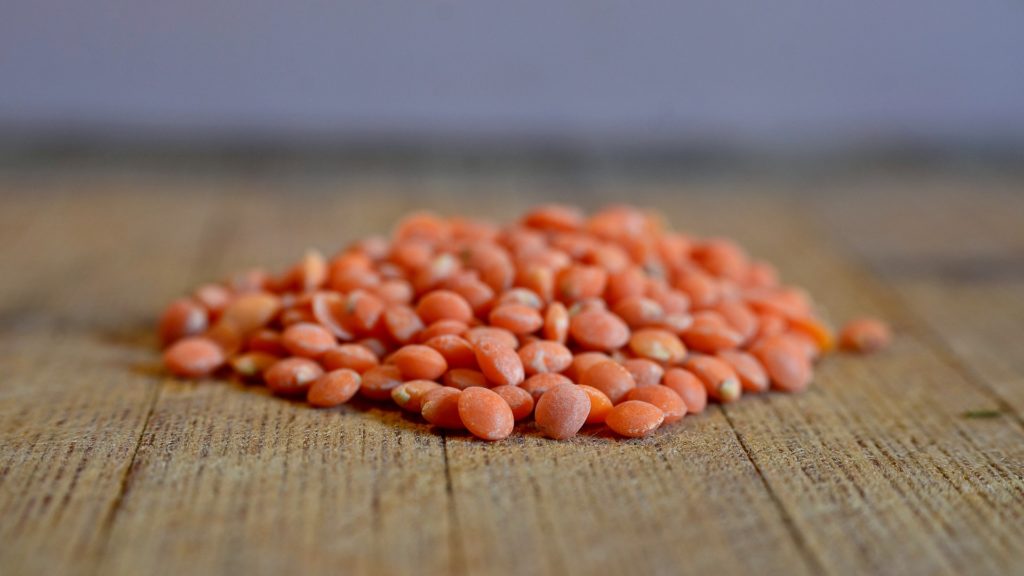
Nutritional values for 100 g Calories 346 kcal Protein 25.5 g Carbohydrates 50 g Fat 1.5 g
Quark / curd cheese – My insider tip!
Quark / curd cheese is definitely one of my favorite sources of protein and Actually in action with me almost every day. The advantages are obvious: high protein content , few calories , conveniently packaged in 250 g or 500 g cups and long satiety due to the high casein content.
Skimmed quark is also rich in minerals such as calcium, potassium and phosphorus. It is ideal as a snack with fruit, is the main ingredient in my pancakes and cakes or complements breakfast, consisting of warm oatmeal and banana. Wonderful!
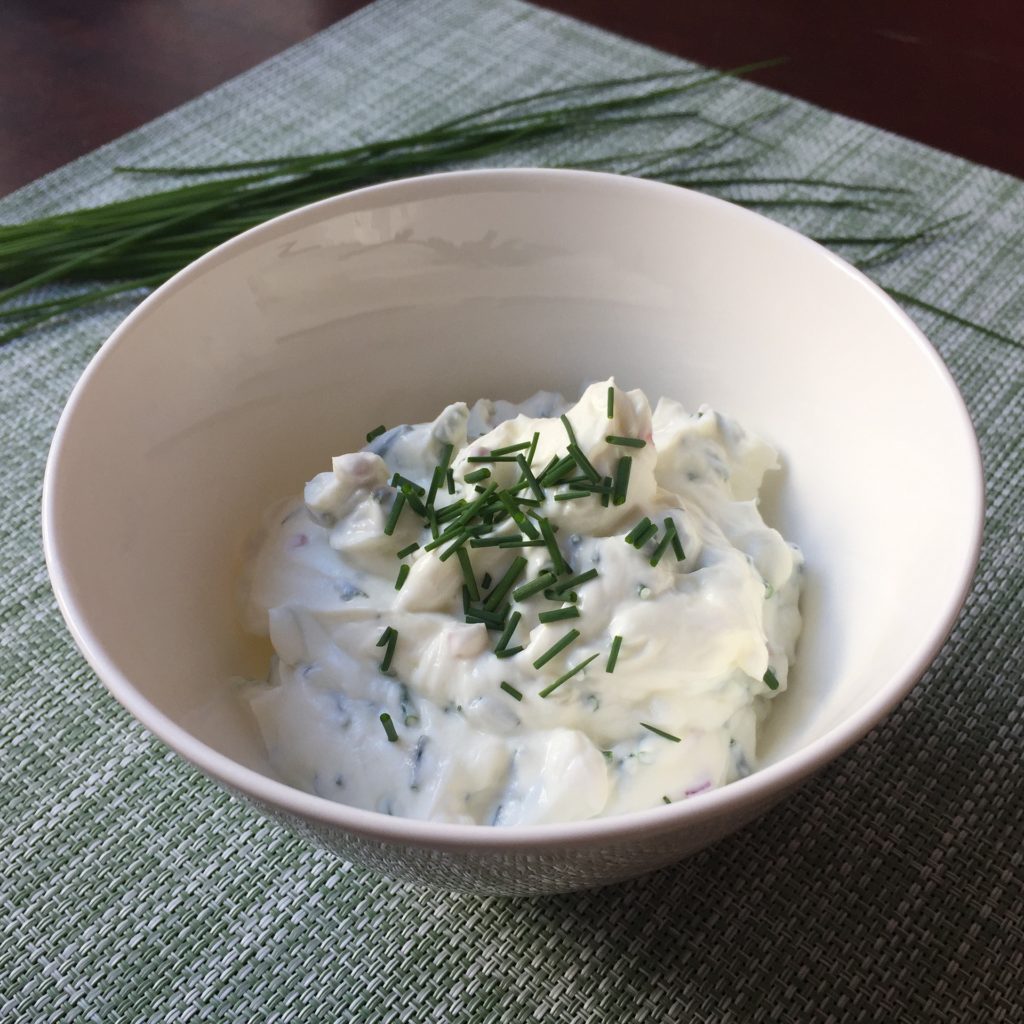
Nutritional values for 100 g Calories 68 kcal Protein 12 g Carbohydrates 4.1 g Fat 0.2 g
Because protein is so diverse and I had to choose between many good foods when creating it, I would like to mention some that did not make it into my personal favorites list, but are just as good:
- Other animal protein: e.g. B. Meat in general, fish in general, seafood
- Nuts and seeds: e.g. B. walnuts, almonds, peanuts
- Legumes: z. B. chickpeas, beans, peas
- Grains and pseudo-grains: z. B. quinoa, amaranth, oatmeal
As everywhere, when choosing protein sources, it is important to rely on unprocessed foods, some of which I have mentioned here. These deliver you z. B. Vitamins, minerals and trace elements, vegetable sources also contain secondary plant substances. So you are better supplied than with processed foods and do your body good in many ways.
Animal protein sources are biologically more valuable for humans because they have a complete amino acid profile. Put simply, this means that you need to eat more of the plant-based ones to get a good supply of protein.
